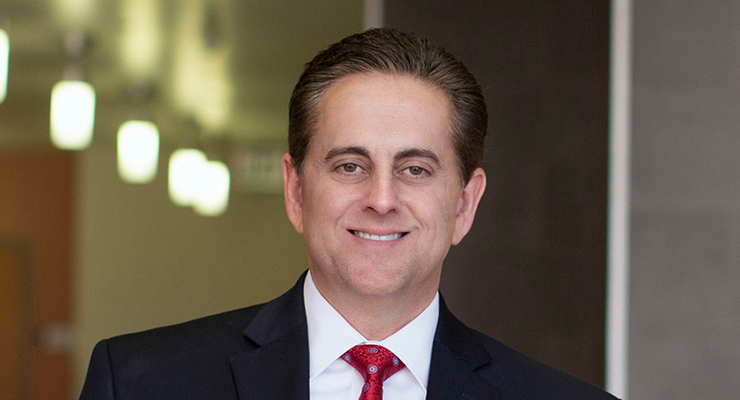The Bible assumes that Christians continue to sin, corrupting the church over time, and that they should therefore always be attempting to reform the church, to put it back in accordance with biblical teachings and practice.
During the sixteenth century, Roman Catholics chose to stop participating in this process and actually condemned those who attempted such reform. Reformers were forced outside of the Roman Catholic Church and participated in the Reformation in Protestant churches such as the Lutheran, Anglican, and Reformed.
From 1618 to 1619, the Reformed churches from dozens of countries throughout the world sent representatives to meet at the Synod, or Council, of Dordrecht. There, they collectively stated their faith and summarized biblical teachings with three documents, or forms, of unity: the Heidelberg Catechism, Belgic Confession, and Canons of Dort.
The United Reformed Churches in North America are descendants of this international Reformed movement and offers these statements of faith as summaries of biblical teaching.
The Church has always stated its faith for many reasons and these Three Forms of Unity perform many roles. They summarize biblical teachings such as the doctrines of the Trinity, the Incarnation, Predestination, Justification, and the Church. They allow members to gather together around shared beliefs about fundamental teachings in the Bible, and thereby relegate non-essential doctrines not specifically addressed (political positions, educational platforms, etc.) to personal opinion lest the church needlessly split. They also help others understand what we believe and thereby provide a basis upon which ecumenical unity can be built.
Different types of documents serve different purposes. Catechisms, such as the Heidelberg Catechism (written in Heidelberg, Germany) are documents written in a question-and-answer format that help explain biblical teaching to children and those new to the faith; the Heidelberg is divided into 52 Sundays, or Lord’s Days, which allows it to be worked through in a year. Confessions, such as the Belgic Confession (written in Belgium) explain various biblical teachings. Finally, canons, such as the Canons of Dort (written at the Synod of Dordrecht), are series of technical responses to specific theological issues.
These documents were originally written in Greek, Latin, French and German. The English translations of the four ecumenical creeds (Apostles’, Nicene, Athanasian and Chalcedonian) and the three forms of unity (Heidelberg Catechism, Belgic Confession and Canons of the Synod of Dordrecht) were created and reviewed by various individuals, including pastors and elders in the URC.
The English translation of the three forms of unity offered here may look different than others. Many modern English editions are translations of translations or the products of various alterations and additions to the text of the documents including scriptural citations and dubious historical notes – the vast majority of these have serious problems.
The Belgic Confession offered here is a new translation. A new translation was necessary because current English editions select specific versions of the confession, used only in limited locations for limited periods of time, as the sources of their translations. The international churches, however, gathered together at the Synod of Dort and collected these versions and edited them (added to them, subtracted from them, and re-wrote entire articles). The text of the Belgic Confession that the churches produced at Dort represents the consensus of the international movement from which the URC traces its roots and it serves as the basis of this new translation.
The sources of the Heidelberg Catechism and Canons of Dort used at Dort could not be precisely identified and so no new translation was made. For the Canons of Dort, the translation of the CRC’s Psalter Hymnal is offered, for the Heidelberg Catechism, a typical amalgamation without textual pedigree but rendered in modern English and bearing bible verses.
Pasadena United Reformed Church, 226 W. Colorado Blvd., Arcadia, (626) 437-4944 or visit www.pasadenaurc.org.














 0 comments
0 comments


